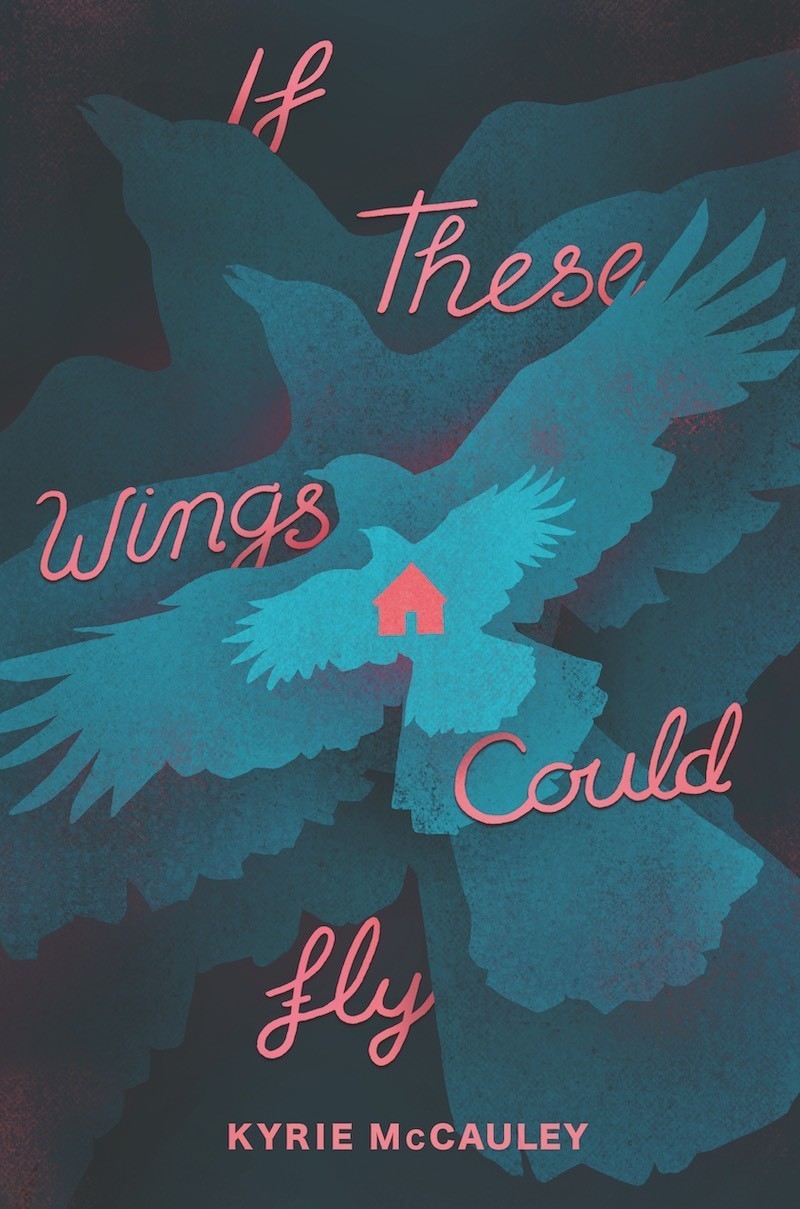Chapter 8
byChapter 8 of If These Wings Could Fly immerses the narrator in the heavy tension of her home, specifically within the confines of her room as she tries to focus on a calculus assignment. Despite her intent to concentrate, her anxiety steadily rises, anticipating her father’s next outburst, a recurring pattern in their household. The quietness of the atmosphere heightens her sense of dread, prompting her to leave her room, a mixture of fear and curiosity driving her to eavesdrop on the unfolding tension. She realizes that the dread of anticipating the conflict often weighs heavier than the conflict itself, and she wishes for the turmoil to begin, believing that only after it passes can she reclaim a fleeting sense of safety.
From her window, she watches her father handling a trash bag in the yard, an act that stirs an even deeper unease within her. His truck, proudly displaying “BARNES CONSTRUCTION” on its side, symbolizes the family pride, but the narrator knows the hidden truth behind it. Her father’s shattered dreams of football glory, destroyed by a career-ending injury, left him bitter and resigned to a life where he became a local legend, known for his unrealized potential and overwhelming disappointment. The facade of his business, built on the notion of family success, contrasts sharply with the reality of his unfulfilled ambitions and the anger that now defines his life. His inability to cope with his past continues to manifest in his everyday actions, affecting those around him.
The truck, now dirty with crow droppings, becomes a powerful symbol of the narrator’s chaotic life. What seems like a minor inconvenience—a mess on the truck—actually represents the larger issues at play. The father’s anger, evident in the careless way he disposes of the trash, adds to the local gossip and deepens the narrator’s underlying fear of her home life. The presence of her mother, who quietly tries to keep order amidst the chaos, only intensifies the narrator’s feelings of powerlessness. The mother’s attempts to maintain normalcy are overshadowed by the reality of their dysfunctional household, leaving the narrator feeling trapped in a cycle of anger, guilt, and fear. This imagery of a once-proud truck covered in bird droppings reflects the decay of the family’s dreams and the emotional toll taken by unresolved frustration.
As the evening progresses, the tension in the house escalates, triggered by a seemingly insignificant event: a dish slipping from her mother’s hands. This small accident sets off her father’s rage, resulting in shattered glass scattered across the floor. In an attempt to protect her mother, the narrator steps in, but this only draws her father’s fury. He storms out of the house, leaving the family to pick up the pieces of the latest eruption of anger. The incident highlights the volatile nature of their home life, where small moments quickly spiral into chaos. The narrator’s attempt to defend her mother reflects the deep division in the family, where anger is a constant, and her actions only add fuel to the fire.
After the explosion of anger subsides, the narrator helps her mother clean up the broken glass, but the atmosphere remains thick with disquiet. Her mother’s lament that things weren’t always this way serves as a stark contrast to the narrator’s perception of their reality. To her, the anger has always been a part of their lives, an unshakable presence that looms over their family. The chapter ends with the narrator reflecting on her father’s rage, wondering if he needs them to be present in order to feel justified in his anger. This thought reveals the painful truth that the narrator is forced to confront—their existence is somehow tied to the turmoil, and they remain entangled in the cycle of his unresolved bitterness and frustration. The chapter poignantly explores the emotional strain of living in a household governed by unpredictable anger, capturing the emotional toll it takes on the narrator’s sense of safety and identity.

